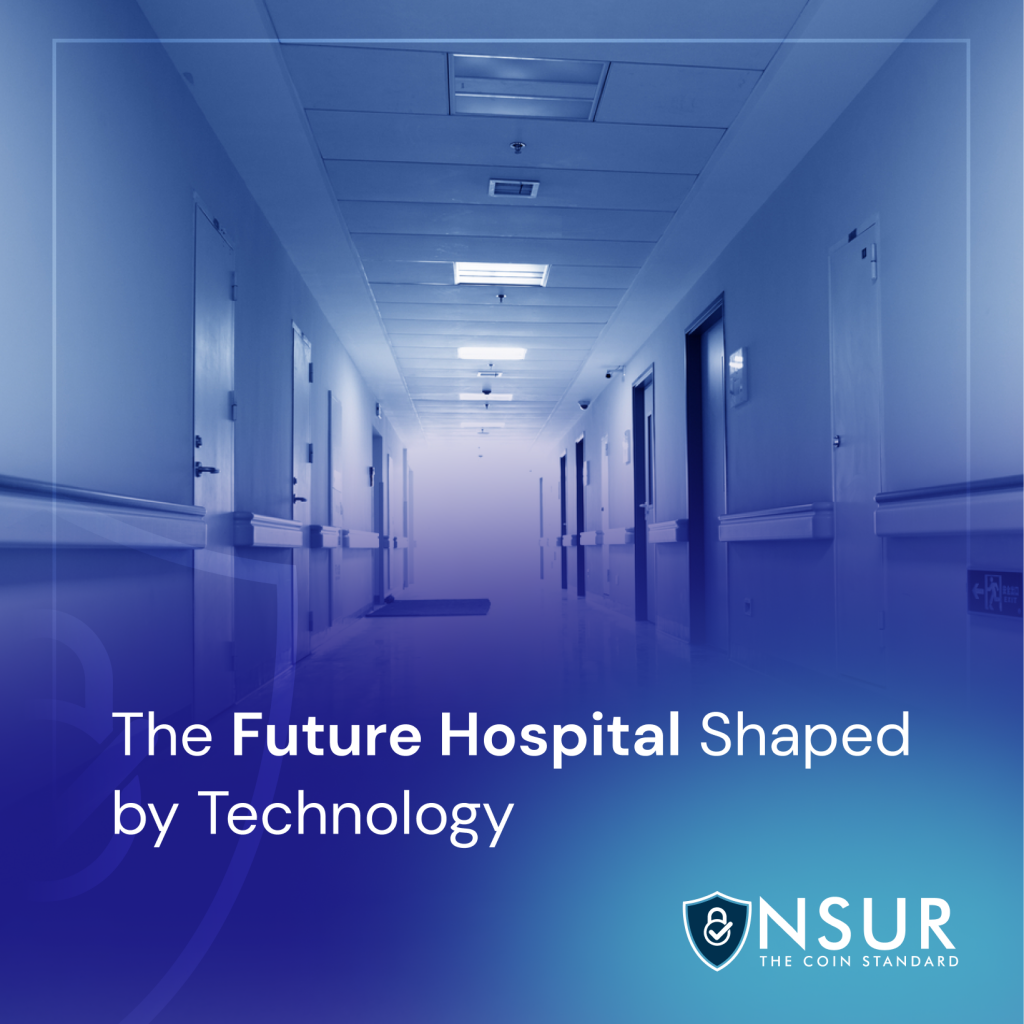
In the future, new technologies will transform hospital design and construction. The COVID pandemic has had an impact on the whole world in different ways over the last few years. The digital health industry has completely revolutionized healthcare and opened up new possibilities.
Hospitals and communities must reconsider how they interact with digitized platforms in the future. Work ethic and outstanding quality in healthcare delivery should be reflected in all forms of healthcare. This is possible with a healthcare ecosystem based on cutting-edge technology. The high-tech healthcare ecosystem may increase the healthcare workforce that is trying to meet the patient’s needs and offering holistic care solutions.
The impact of new digital technologies on traditional hospital systems
Technology may change the course of global healthcare delivery in the near future. Increasing healthcare costs are forcing hospitals to be more diligent about long-term care management. This means healthcare will be less reliant on building features and location in the future. Providing easy access to quality healthcare at an affordable price.
Several platforms that provide VRiMS are involved in demonstrating the technology that can be used to train and connect doctors in real time across geographical boundaries. Physical hospitals can provide only services that cannot be digitized in order to remain operational. In the future, hospitals will probably be designed with this in mind.
VR technology may transform future learning as it improves healthcare professional training. By embracing virtual reality solutions for diagnostics, training, surgeries, treatments, nursing, and patient education, modern healthcare systems can improve their outcomes.
Google Cardboard, for example, can be a tool in the healthcare sector that provides a novel way to use the information to find healthcare solutions. With such technology, virtual reality has begun to influence education worldwide
Technological advancements in healthcare
Post-pandemic effects have increased the popularity of remote and virtual healthcare diagnoses and treatments. As technology advances, individuals’ awareness of healthcare and their ability to take responsibility for their own well-being has increased.
We are witnessing a revolution in healthcare led by advancements in digital healthcare technologies such as VR/AR, 3D printing, nanotechnology, artificial intelligence, and robotics. To reduce errors, improve patient care, and provide the best health benefits to patients, we must become familiar with the most recent innovations.
Advances in digital healthcare will be provided in more convenient locations in the future, such as patients’ homes and community centers. A more adaptable approach to healthcare services will result in greater efficiency and better patient outcomes.
A futuristic approach to healthcare technology
Can you imagine what the hospital will look like in the next 10 years? Don’t be surprised if you see artificial intelligence, medical robots, and new high-tech innovations in hospitals.
New healthcare technology is designed to support hospital facilities rather than the other way around. Hospitals will be designed with the future technological developments of the medical field in mind.
It is expected that more technology will be incorporated into hospitals’ day-to-day operations in the coming years. The vision is that these technologies cut healthcare costs and improve patient care.
Closing Thoughts
As the healthcare industry enters the next decade, it will face many challenges in providing healthcare services. Recent technological advances allow medical professionals to gain a deeper understanding of patients, which is necessary for providing effective medical care.
Globally, hospitals are constantly updating their equipment and services in order to provide the most cutting-edge medical care. There might be a future for multidisciplinary mega-hospitals with high-tech medical robots as well as cancer centers with digital imaging scanners.
With the advancement in technology, prospective hospitals will become smaller, more affordable, and better than they are today.











